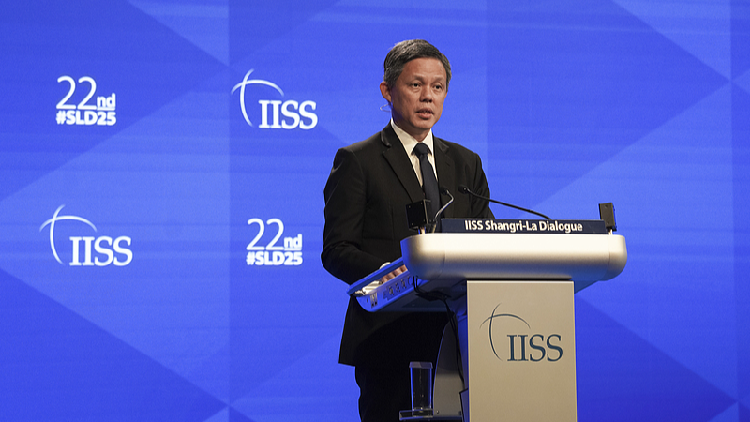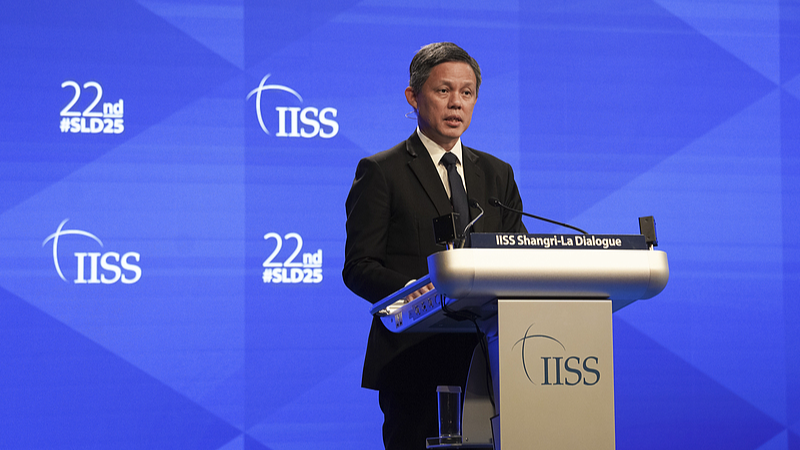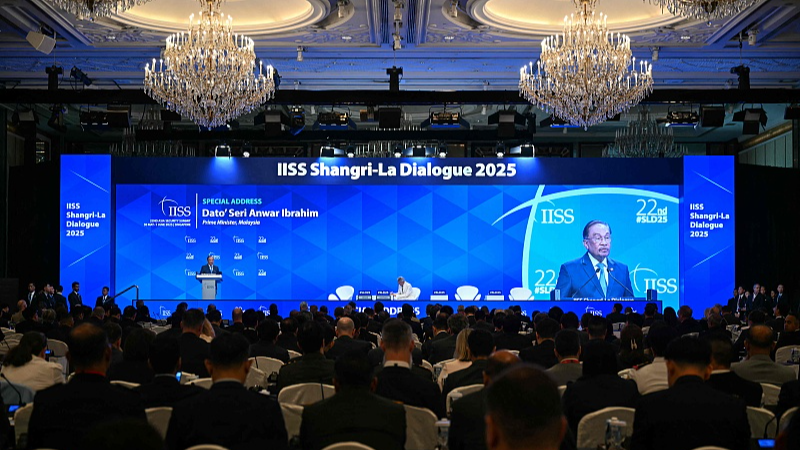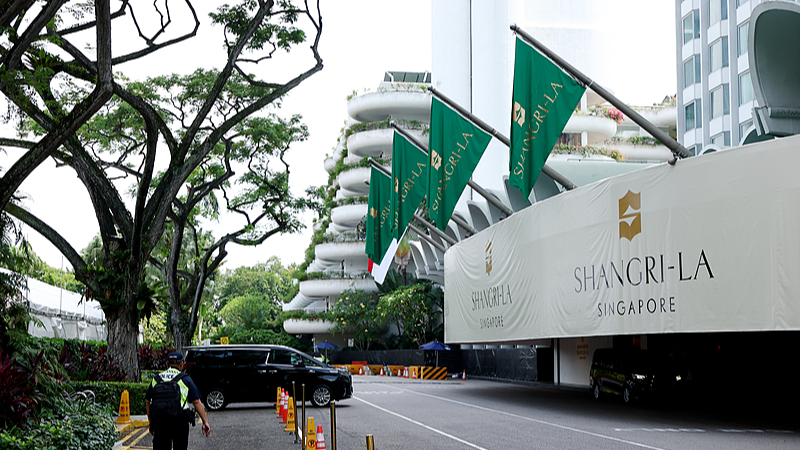ASEAN Leaders at Shangri-La Dialogue Affirm Neutrality: 'We Won't Choose Sides'
Singapore's Defense Minister urges Southeast Asia to engage with both China and the U.S. to navigate geopolitical challenges.


During a pivotal weekend at the 22nd Shangri-La Dialogue in Singapore, regional leaders from Southeast Asia reaffirmed their commitment to neutrality amid intensifying global power competition. In a highly anticipated address, Malaysian Prime Minister Anwar Ibrahim, who holds the ASEAN chairmanship for 2025, categorically rejected external pressure to align with either China or the United States, emphasizing that the region must chart its own course.
Echoing this sentiment, Singapore’s Defense Minister Chan Chun Sing emphasized the importance of principle over partisanship in his closing remarks at the summit. “If we have to choose sides, may we choose the side of principles – principles that uphold a global order where we do not descend into the law of the jungle, where the mighty do what they wish and the weak suffer what they must,” he said, underscoring the region’s desire for stability and equitable international relations.
Their messages came just hours after U.S. Defense Secretary Pete Hegseth, in a robust address, called on Asia-Pacific nations to bolster military spending to 5 percent of GDP in response to perceived threats from China. However, several delegates and analysts in attendance questioned the efficacy of Washington’s approach, arguing that pressuring Asian countries to take sides and step up defense budgets could further destabilize the region.

No to bloc confrontation
In his debut appearance at the dialogue, Secretary Hegseth outlined the revived "Indo-Pacific Strategy" under the current U.S. administration, reiterating calls for stronger security ties and deeper cooperation among like-minded partners. These remarks were immediately criticized by Chinese officials and scholars, who accused the U.S. of pursuing a Cold War mentality and fomenting bloc confrontations that are out of step with the region’s priorities.
China’s Foreign Ministry described Hegseth’s statements as “provocative” and “deliberately ignoring the call for peace and development by countries in the region.” The ministry asserted that such rhetoric would only serve to sow discord and increase mistrust across Asia-Pacific nations.
Military analysts pointed to the enduring impact of the U.S.-led "Indo-Pacific Strategy," which has included arrangements such as the Quad alliance—comprising the U.S., Japan, India, and Australia—and the AUKUS pact involving Australia, the United Kingdom, and the United States. Critics argue these alliances, along with economic measures like trade wars, are deepening fault lines in a region that has historically prioritized inclusivity and cooperation.
Regional experts say the American strategy appears to push countries toward binary choices, inflating both military postures and political tensions. Many believe this approach threatens to divide Asia-Pacific into competing blocs, undermining decades of stability and economic integration.

China's Asian security model: A better choice for region
Amid calls for restraint, delegates from China promoted an alternative vision for regional security. Zhang Chi, a member of Beijing's delegation, introduced the Asian security model as a framework built on mutual respect, dialogue, and shared prosperity. Unlike the American blueprint, proponents say China's approach emphasizes “seeking common ground while shelving differences” and prioritizes win-win outcomes.
According to policy analysts, this model stands in stark contrast to bloc-centric strategies and offers an inclusive path forward. It calls for equal consultation among all nations, shuns zero-sum calculations, and seeks to defuse tensions through diplomacy rather than arms buildups. Shen Chen, an academic specializing in international relations, argued that the Asian security model presents a sustainable route for maintaining peace and facilitating continued growth for all states in the region.
Shen further criticized Washington’s demand for higher regional defense expenditure, calling the suggestion both “unreasonable and unrealistic.” He warned that such measures risk fueling an arms race, heightening insecurities, and diverting attention from the region's core aspirations for peace and development. For most ASEAN and Asia-Pacific countries, according to Shen, partnering through dialogue and collaboration remains the preferred course.
As the dialogue drew to a close, regional leaders reiterated their position of not choosing sides and called for a renewed focus on cooperation, development, and stability. Their statements send a clear message: Southeast Asia and its neighbors are determined to protect their autonomy and collective interests in the face of mounting global uncertainty.




